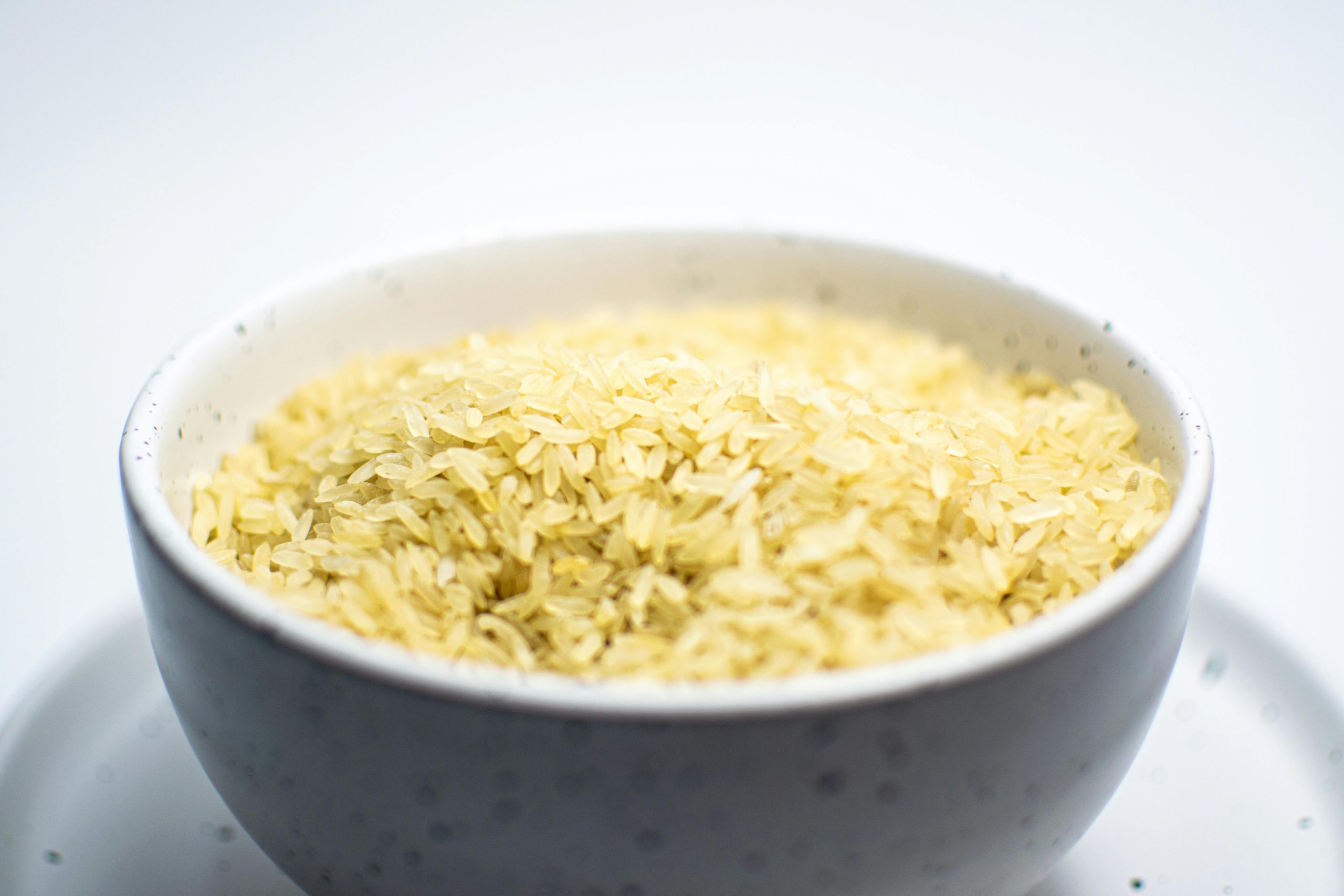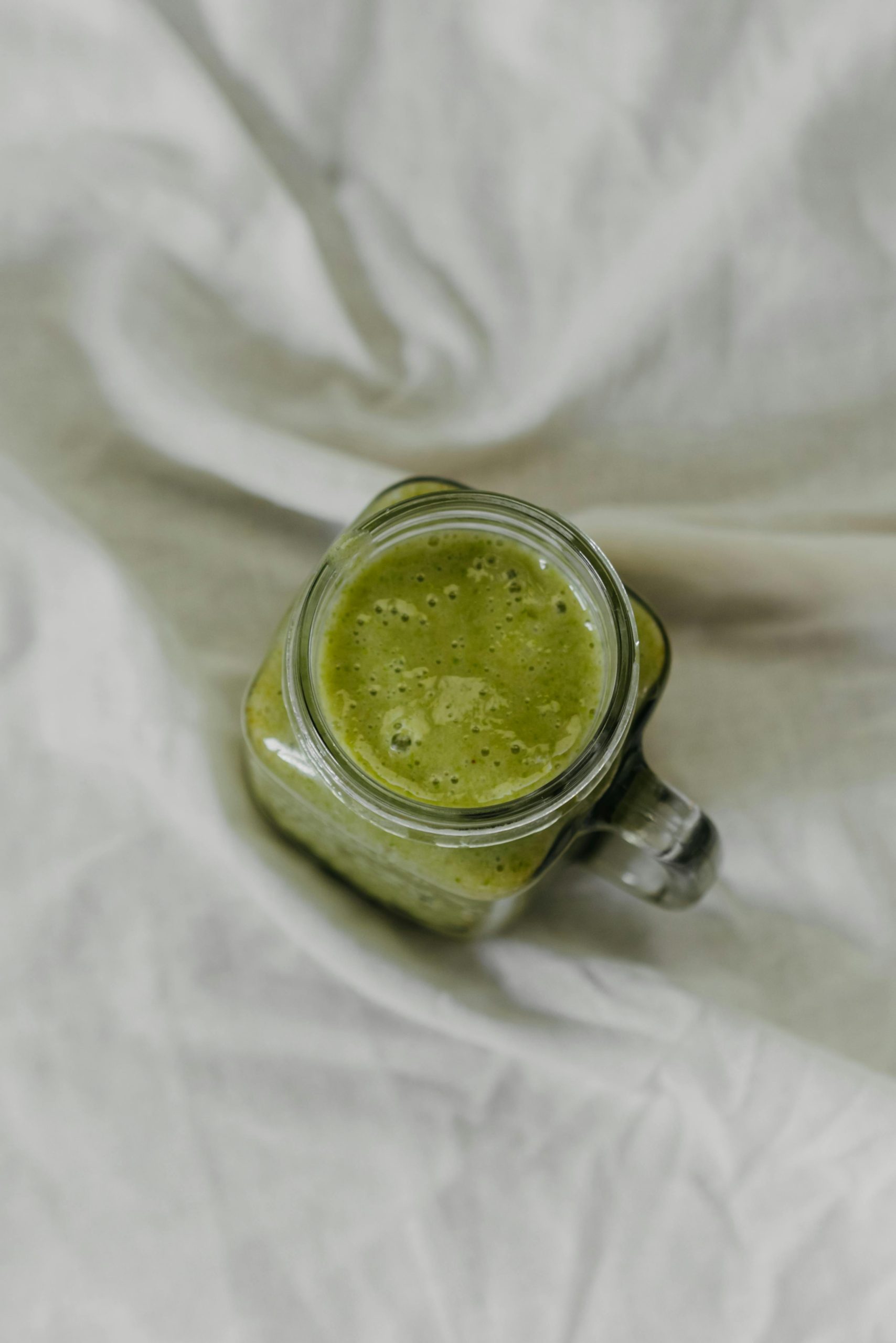Digestion is the cornerstone of good health, yet many people struggle with bloating, gas, and discomfort after meals without understanding why. The secret to smoother digestion may lie in food combining—a set of principles that dictate which foods pair well together for optimal gut function. By mastering these rules, you can enhance nutrient absorption, reduce digestive distress, and support long-term gut health. Let’s explore the science and strategies behind effective food combining.
What Is Food Combining?
Food combining is a dietary approach based on the idea that certain foods digest better when eaten together, while others can cause fermentation, gas, or sluggish digestion when combined improperly. This concept stems from the understanding that different macronutrients—proteins, carbohydrates, and fats—require distinct digestive environments. For example, proteins thrive in an acidic stomach, while carbohydrates break down best in an alkaline setting. When incompatible foods are mixed, digestion slows, leading to discomfort.
The Science Behind Digestion
Digestion begins in the mouth with enzymes like amylase, which starts breaking down carbohydrates. Proteins, however, require stomach acid (hydrochloric acid) for proper breakdown. Fats need bile from the liver and gallbladder. When foods requiring opposing environments are combined—like a high-protein steak with starchy potatoes—the body struggles to prioritize digestion, often resulting in incomplete breakdown and bloating.
Key Food Combining Rules to Follow
To optimize digestion, consider these foundational food combining principles:
1. Pair Proteins with Non-Starchy Vegetables
Proteins (meat, fish, eggs) digest best in an acidic environment, while starchy foods (bread, rice, potatoes) require alkalinity. Combining them can neutralize stomach acid, slowing protein digestion. Instead, pair proteins with leafy greens, broccoli, or zucchini for smoother digestion.
2. Eat Fruits Alone
Fruits digest quickly and can ferment if trapped in the stomach with slower-digesting foods. Enjoy them on an empty stomach—ideally 30 minutes before or 2 hours after meals—to avoid bloating.
3. Avoid Combining Starches with Acids
Acidic foods (tomatoes, citrus, vinegar) can inhibit the enzyme responsible for breaking down starches. For example, avoid pairing pasta with tomato sauce or toast with orange juice.
4. Limit Fat + Protein Combos
High-fat foods (like avocado or nuts) slow stomach emptying, which can delay protein digestion. If combining them, keep portions moderate to prevent heaviness.
Benefits of Proper Food Combining
Adopting these rules can lead to noticeable improvements in digestion and overall well-being:
- Reduced Bloating: Proper combinations prevent fermentation and gas buildup.
- Better Nutrient Absorption: Efficient digestion maximizes vitamin and mineral uptake.
- Increased Energy: Less digestive strain means more energy for other bodily functions.
- Improved Gut Health: Balanced digestion supports a healthier microbiome.
Common Food Combining Mistakes to Avoid
Even health-conscious eaters make these errors:
- Dairy with Fruit: Yogurt with berries may seem healthy, but dairy’s protein clashes with fruit’s sugars, causing fermentation.
- Beans with Cheese: Both are hard to digest alone; together, they’re a recipe for discomfort.
- Melons with Other Foods: Melons digest fastest of all fruits—eating them with slower foods leads to bloating.
Practical Tips for Implementing Food Combining
Transitioning to food combining doesn’t have to be overwhelming. Start with these steps:
- Begin with one rule, like eating fruit alone, and observe changes.
- Simplify meals—focus on one main macronutrient per meal (e.g., protein + veggies or starch + veggies).
- Chew thoroughly to ease the digestive process, regardless of combinations.
Mastering food combining is a powerful tool for optimizing digestion and gut health. While it may require initial adjustments, the payoff—less bloating, more energy, and better nutrient absorption—is well worth the effort. Start small, listen to your body, and enjoy the journey to a happier, healthier digestive system.


